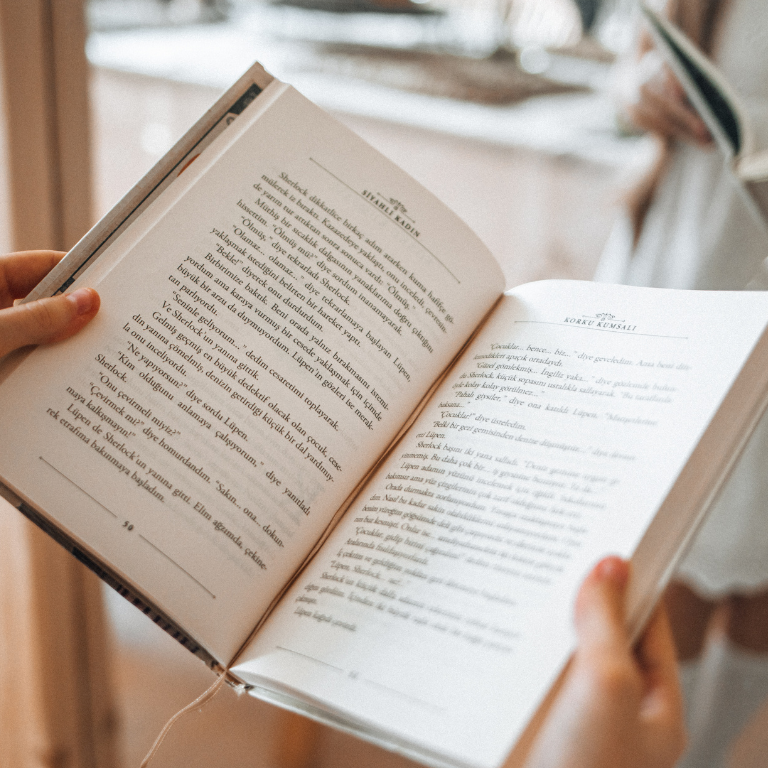Netflix recently released the film Persuasion, directed by Carrie Cracknell and based on the Jane Austen novel of the same name. As an avid Austen reader and lifelong lover of each of her works – a list which includes Pride and Prejudice and Emma; both with stunning film adaptations – I was eager to experience this newest addition to the Austen canon.
If this film accomplished anything, it certainly sparked a lot of controversy – I’m sure this review will not be the first piece of criticism you may have heard. One of the most common (and humorous!) critiques I’ve seen floating out there on the internet is that Dakota Johnson, who plays the main character Anne Elliot, has the face of someone who has seen an iPhone and therefore has no place in a period drama. That one made me chuckle. But on a more serious note, there are other, uncomfortable ways the film diverges from Austen’s intentions.
Sure, the filmmakers decided to set the story in the original time period, with era-appropriate costumes (for the most part) but somehow, they felt that Austen’s original language needed an upgrade. To me, Austen’s language is a large part of what makes her so captivating; I appreciate the challenge of having to take my time while reading, to wrestle through the words. So lines in the film such as, “Now we’re worse than exes, we’re friends,” simply cause pain to my ears, especially when directly compared to the source material: “There could never have been two hearts so open, no tastes so similar, no feelings so in unison, no countenances so beloved. Now they were as strangers; nay, worse than strangers, for they could never become acquainted.” Granted, I am an English literature major, so this sort of thing is my life’s work, and might not be that much of an issue for other people, but I promise I will die on this hill. Not everything has to be updated in order to reach a modern audience. That is the true beauty of classic literature, and Austen’s work in particular – it is timeless, applicable to anyone, anywhere, and it did not deserve such an inauthentic adaptation.
The difference that hurt me most of all, however, was the butchering of Anne Elliot’s character, mainly because I see so much of myself in her. Anne is definitely not a sassy single lady who sneaks off to drink entire bottles of wine and make suggestive comments about every eligible man she comes in contact with – she is the plainest, softest wallflower out of all of Austen’s heroines; she fades into the background without a second thought, both in the story and in the greater literary community, as some of Austen’s bolder characters like Elizabeth or Emma take the spotlight of notoriety. This is part of what makes the love story – the heart of the novel – so wonderful: because Captain Wentworth sees her for who she really is, despite her own insecurities and hesitancy to speak up for herself. He sees her, he knows her, and he loves her, despite the many miles and years that have kept them apart. Anne is quiet but strong, timid but kind, and persevering, a beautifully pure example of true patience that should be emulated.
All this to say, movie lovers may yet enjoy this film if it stands alone; I don’t think any true Austen fan can fully appreciate it as a representation of her greatest novel. But that song at the end though… Birdy hits me right in the feels, man.
---
Simone Meadows is currently a senior studying English Literature and Creative Writing. This is her fourth semester on the genesis staff, and after graduation, she hopes to use this experience in the editing and publishing field. If pressed, she would say her favorite book of all time is "Pride and Prejudice", but it’s an incredibly tough decision.
It is her lifelong dream to one day publish her own novel, and this summer she figured out how to work Amazon self-publishing and released a historical flash fiction collection she wrote back in high school as a sort-of experiment. Check out her collection here.
She spends her free time reading (a few of her favorite authors are Jane Austen, J.R.R. Tolkien, and C.S. Lewis), watching Gilmore Girls or some other late 90s/early 2000s show, managing a bakery café, or preparing to travel the world.



